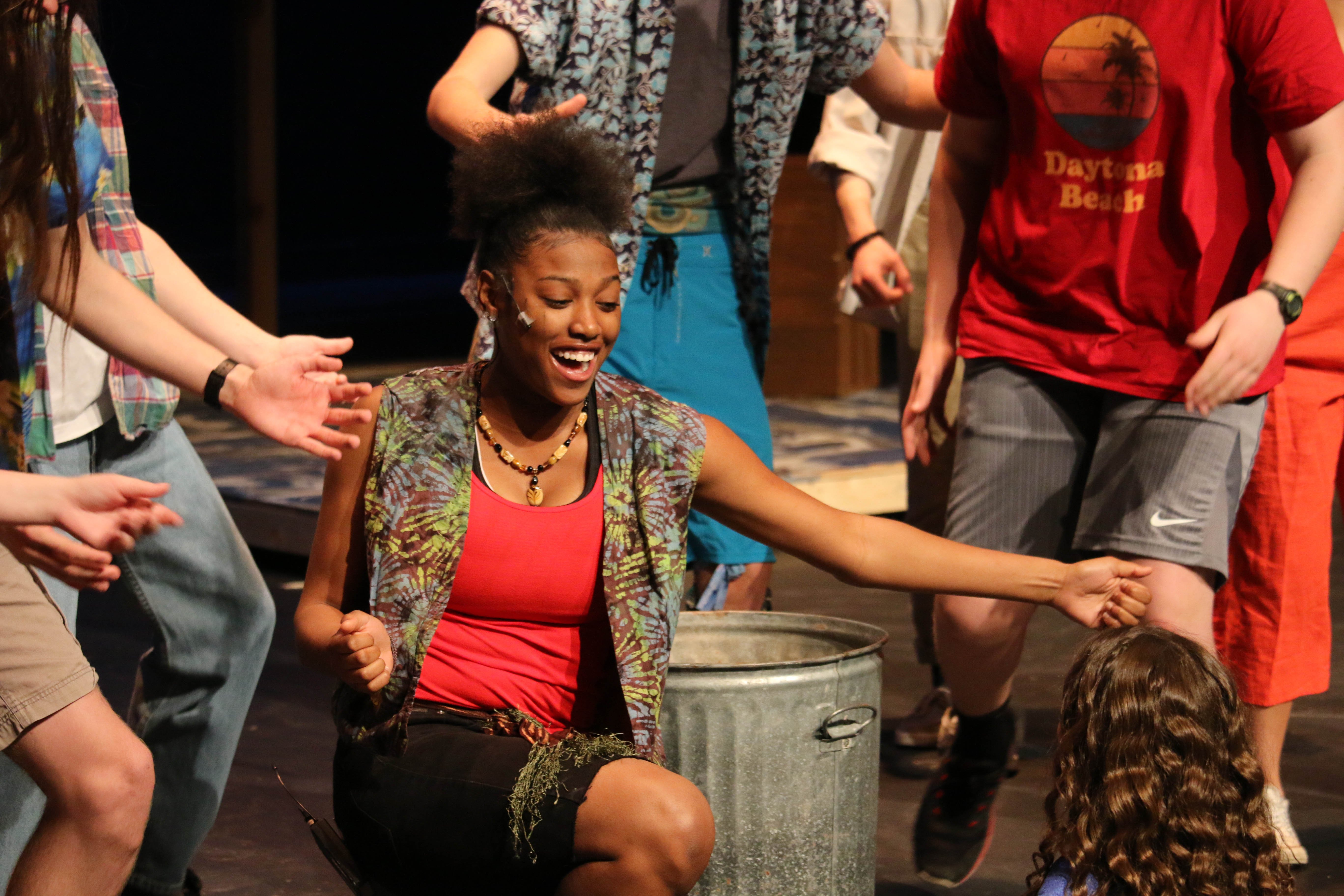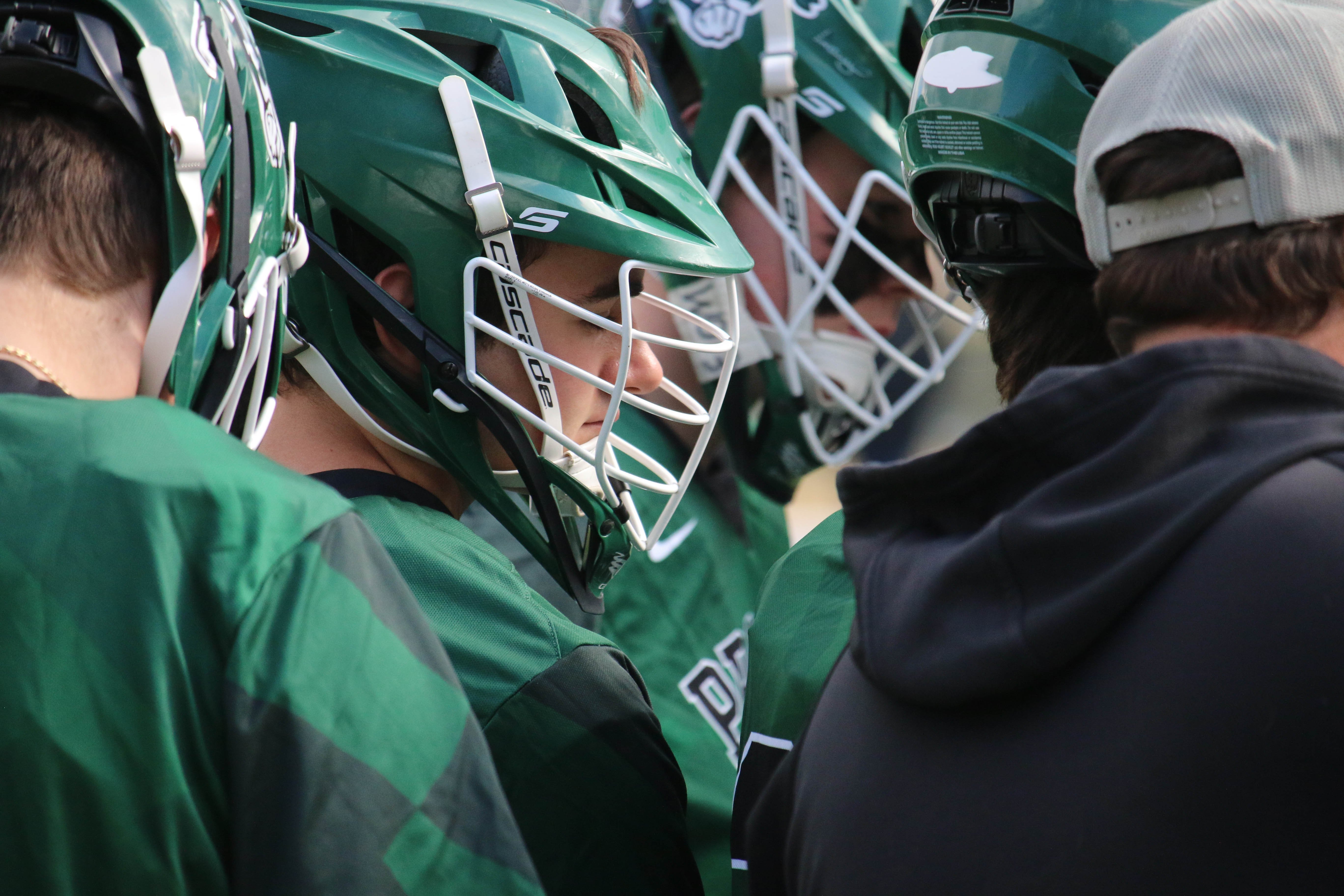Few moments in life will match the excitement of being eight years old and diving into the imaginary world of Hogwarts alongside Harry, Ron, and Hermione. As I read The Sorting Hat chapter aloud to my son last night, I thought about what it would be like if we tried to categorize each student into a dorm or group based on their personality, ambitions, and character upon their arrival at Proctor. How would that classification define their Proctor experience? Would it enhance or detract from their journey through high school? Do we subconsciously do this at Proctor?

Whether it is a team, family, church, club, or school community like Proctor’s, we have a deep desire to belong to something greater than ourselves. I wrote about this a few years ago, and the thoughts shared in THIS blog remain relevant today. We long for our tribe, for a sense of connection and meaning, an understanding of how we fit within the context of society’s segmentation of humanity. Red Sox or Yankees? Cat person or dog person? Introvert or extrovert? Chunky peanut butter or smooth? Liberal or Conservative? Artist or athlete?

This obsession with categorizing ourselves encourages others to place us in a box, a binary statement of being this or that, crippling the fluid development of our own identity. Of course we want students to find their “people”, to feel a part of a group with shared values, interests, or backgrounds. But at what cost? Do we sacrifice independence for a sense of belonging? Ultimately, we aim to provide an environment where every student is surrounded by adults and peers who understand, appreciate, and value their contribution to this community because of who they are, not because they fit nicely into a prescribed identity sanctioned by society. But this is easier said than done with a group of high schoolers.

Shankar Vedantam explores society’s obsession with personality tests and categorizations of people in his recent Hidden Brain podcast (listen HERE). Many of us have taken the Myers-Briggs test, or are familiar with the Enneagram assessment, or any of the myriad other personality tests used to “help” us better understand our strengths and weaknesses within the context of interpersonal relationships and work performance. Vedantam discusses new research that suggests the power of personality assessments is less about telling us who we are, and more about unlocking the person we could become.

Even though we often use the term Proctor Magic to articulate our strategic fit of programs and people that serve as a catalyst for unparalleled student growth, Proctor is a far cry from Hogwarts. Instead of sorting students into houses based on their interests or personalities, we seek opportunities to do the opposite through our advisory placements, dorm assignments, and Project Period groups (among other multi-age, randomly selected small group opportunities). We believe in nurturing a Proctor experience that challenges the scope of an individual’s definition of self in hopes of expanding identity. We hope students never feel locked into a "path" and are constantly exposed to others who deepen their appreciation for the varied talents, interests, personalities, talents, and backgrounds of others in the community. Through their time at Proctor, students not only learn how they can uniquely contribute to our community, but they begin to vision who they could become. And when that happens, the possibilities are endless.








